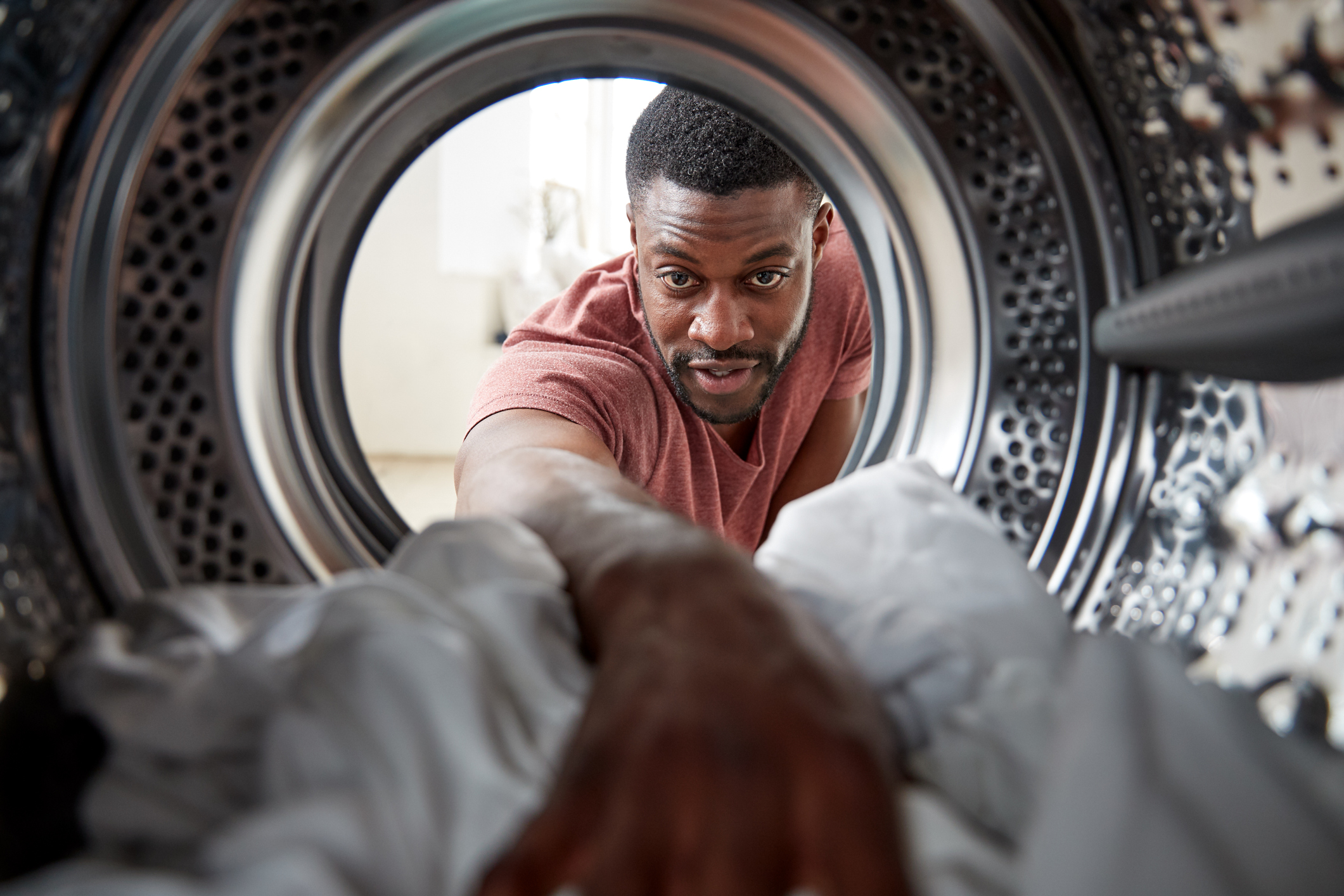Televisions can be the most power-hungry of all entertainment equipment, particularly the largest ones. The larger a television screen, the more energy it will consume, regardless of its energy rating.
The following table includes examples of annual running costs depending on the size of your TV, as well as the CO₂ equivalent saving:
Great Britain
|
Running costs per year and CO₂ equivalent saving
|
32” TV
|
40” TV
|
60” TV
|
|
F
|
£15 (14kgCO₂e)
|
£20 (19kgCO₂e)
|
£40 (38kgCO₂e)
|
|
G
|
£25 (24kgCO₂e)
|
£35 (33kgCO₂e)
|
£70 (64kgCO₂e)
|
Northern Ireland
|
Running costs per year and CO₂ equivalent saving
|
32” TV
|
40” TV
|
60” TV
|
|
F
|
£20 (15kgCO₂e)
|
£30 (20kgCO₂e)
|
£60 (40kgCO₂e)
|
|
G
|
£40 (25kgCO₂e)
|
£55 (33kgCO₂e)
|
£105 (65kgCO₂e)
|
In our cost comparison table, even the most efficient 60” television is still more expensive to run per year against the lowest rated 32” television. By choosing a smaller television, you’re generally saving more energy.
LED screens are the most common form of flat-screen TV on the market. LED TVs use an LCD (liquid crystal display) and LEDs provide the backlighting to create the picture.
OLED and QLEDs are similar to LED screens in that they both use an LCD display. The difference with OLED and QLED is that you don’t require backlighting – each pixel lights itself. Both types boast high performance in picture quality, but these do come at an added cost.
Power consumption is mostly dependent on level of brightness and hours of use.
After selecting the smallest TV still suitable, the best ways to save energy are to:
- reduce your brightness settings to your lowest acceptable limit.
- switch off your TV when not in use.
Many TVs incorporate features to do this automatically, such as light sensors to detect the room’s brightness and adjust the screen accordingly, and sleep timers to switch off the TV after a number of hours of no interaction.
Plasma TV production ended in 2015. And since 2014, lamp lit LCDs (as opposed to LED lit) are in limited production. Both of these TVs use more power than LEDs.
